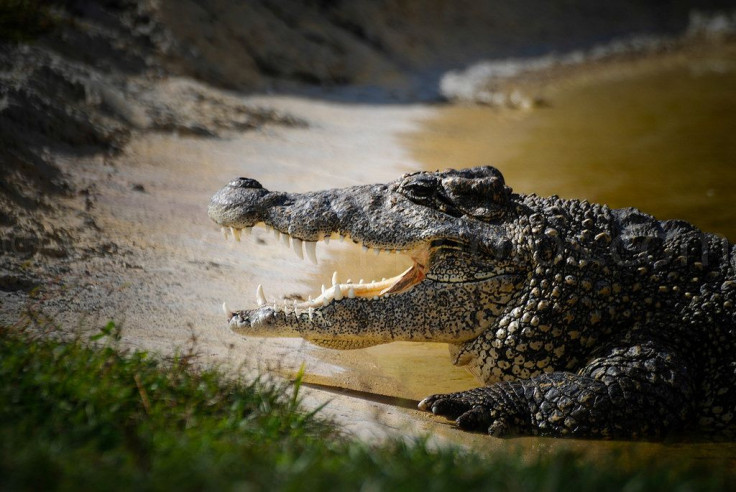Crocodile Bile Beer Kills At Least 72 In Mozambique Funeral Poisoning

A funeral for a newborn child in Mozambique this past weekend turned into an even more somber event after 72 mourners died as a result of drinking beer allegedly contaminated with crocodile bile. While this may seem like an unfortunate contamination accident, crocodile bile is often used to poison people in this area of Africa, according to district health officials.
“People flocked to the hospital, suffering from diarrhea and muscle pain. Then bodies from various neighbourhoods were brought to the hospital, and this alerted us.” Paulo Bernando, director for health in Tete province of Mozambique, told Radio Mozambique.
Pombe is a traditional beer in Mozambique that is made from millet or corn flour and brewed for around two days, The Guardian reported. The Pombe that was served during the funeral was reportedly brewed by the child’s mother who was among the first deceased taken to the morgue along with several members of her family.
Funeral-goers who drank the Pombe in the morning did not report any illness, while those who drank it in the afternoon did fall ill, suggesting the brew was poisoned during the funeral ceremony. Heath officials in the area fear the death toll may rise considering, in addition to the 72 reported deaths, 196 people have been hospitalized with symptoms consistent with poisoning.
Crocodile bile, a greenish-brown liquid produced by the liver and stored in the gallbladder, is commonly indicated as a poisoning agent in Mozambique. According to African tradition, when a crocodile is killed its gallbladder must be removed and buried in front of witnesses to ensure it is not used as a poison. Reptile experts are not so sure crocodile bladder was the source of the Pombe contamination and deny it is at all poisonous.
South African crocodile farm owner, Johan Marais, told the Associated Press he has tested many parts of the reptile and if they are safe for consumption. He said he has found no evidence suggesting crocodile bile is at all toxic. Local authorities are conducting a thorough investigation into the cause of the contamination and medical reinforcements have been called in for assistance.
"We are waiting for the results of the tests of the samples being done at Maputo Central Hospital so that we can identify the type of the product put into the drink," provincial health director Carle Mosse told Radio Mozambique.
On Sunday, the government declared three days of mourning in the wake of the disaster while health officials await medical tests that will confirm the source of the contamination.
Published by Medicaldaily.com



























